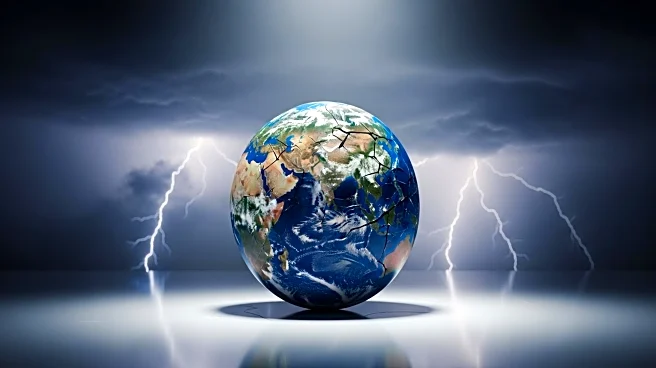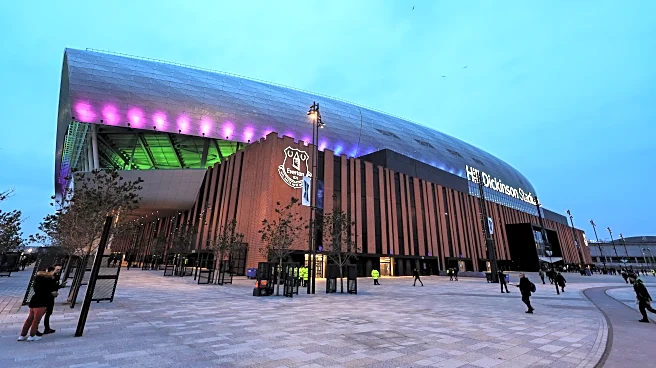What's Happening?
Kevin Stiroh, former top-ranking Federal Reserve official overseeing climate risk, has warned that the US economy faces long-term structural shocks due to increasingly extreme weather patterns. Stiroh emphasized that climate-related shocks are likely to be wide-reaching and secular, impacting bank business models and financial stability. Despite these risks, banks and investors have not adequately mapped out potential climate-related losses, which could affect homeowners, banks, insurers, and holders of securitized financial instruments.
Why It's Important?
Stiroh's warning highlights the need for the financial sector to develop new tools and expertise to manage climate-related risks effectively. The US has deprioritized climate risk assessment under President Trump, potentially leaving banks and investors unprepared for future losses associated with extreme weather events. This could lead to significant economic impacts, as insured losses from natural catastrophes are expected to soar, with peak loss years posing substantial risks.
Beyond the Headlines
The US's approach to climate risk contrasts with Europe, where banks are required to monitor climate risks. The lack of data and focus on climate risk in the US could lead to misallocation of capital and increased vulnerability to climate-related shocks. Stiroh's insights suggest that climate change is a real-time concern, necessitating immediate action from financial institutions to mitigate risks.










